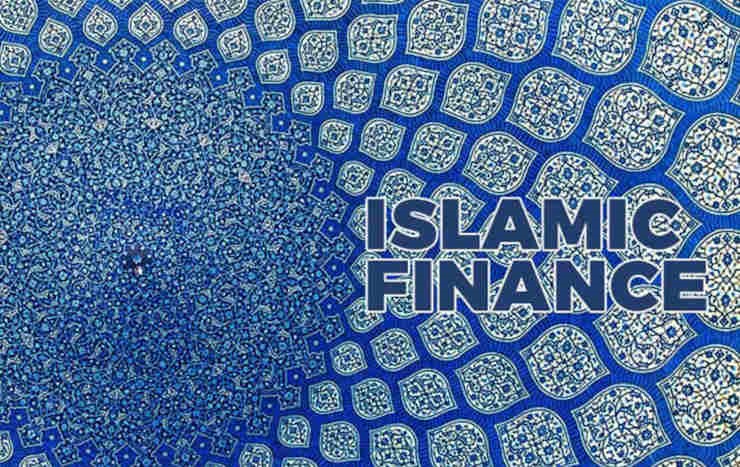As the gentle light of dawn pierces the darkness, heralding the start of a new day, so too does the practice of Zakat illuminate the lives of millions around the globe. This pillar of Islam, rooted deeply in the sands of time, has woven its way through centuries, evolving and adapting, yet steadfast in its purpose: to cleanse wealth, assist the needy, and bind the community in a fabric of generosity and care. Today, let’s embark on a journey through the historical evolution of Zakat practices, tracing the golden threads that connect the past to the present.
The Dawn of Zakat: Its Origins and Early Implementation
Picture a time when the concept of social welfare was as vast and empty as a desert night sky. Into this void, Zakat emerged as a guiding star, introduced by Prophet Muhammad (peace be upon him) as a mandatory act of charity. It was more than charity; it was a divine injunction, a means to redistribute wealth and ensure no member of the community was left wanting.
Zakat in the Early Islamic Society
In the nascent days of Islam, Zakat served as the cornerstone of the Islamic economy and social system. It was a direct, person-to-person means of support. Imagine a society where the rich directly supported the poor, the well-fed ensured the hungry were nourished, and those with surplus shared with those in lack. This was the essence of early Zakat practices—a tangible expression of faith and brotherhood.
The Caliphates and Institutionalization of Zakat
As Islam spread across continents, the practice of Zakat evolved. Under the rule of the Rashidun Caliphs and subsequent Islamic empires, Zakat transitioned from individual responsibility to a more organized, state-administered duty. This was akin to the transformation from a scattering of stars into a constellation, each point of light connected to create a system that was more structured and far-reaching.
The Zakat Administration
Imagine a medieval treasury where the collected Zakat funds were as carefully recorded and managed as a librarian tends to books. This period saw the establishment of dedicated Zakat offices, with officials appointed to collect, record, and distribute Zakat. This institutional approach expanded the scope of Zakat, enabling large-scale projects like the construction of public works, hospitals, and schools—benefits that flowed back into the community, nurturing a garden from the seeds of charity.
The Tapestry of Modern Zakat Practices
Fast forward to the present, and the essence of Zakat remains unchanged, though its practice has adapted to the complexities of modern life. Today, Zakat practices are a rich tapestry, reflecting the diversity of the global Muslim community.
Zakat in the Digital Age
In an era where technology bridges continents, Zakat has embraced the digital revolution. Online calculators simplify the task of determining what is due, while charities and organizations use the internet to collect and distribute Zakat funds worldwide. This digital transformation is like the wind carrying seeds far and wide, allowing the spirit of Zakat to reach every corner of the earth, nourishing souls and communities in its wake.
The Global Zakat Movement
The modern Zakat movement is a vibrant community of believers, scholars, and humanitarian organizations working together to address the challenges of poverty, inequality, and disaster relief. Through international cooperation, Zakat funds now provide not just for basic needs, but also for sustainable development projects, education, and healthcare initiatives, painting a picture of a future where faith and action go hand in hand to create a better world for all.
The Historical Evolution of Zakat Practices
The historical evolution of Zakat practices is a story of adaptation and resilience, a journey from the simple act of giving to a sophisticated system of social welfare that spans the globe. Each era has added its own colors and patterns to the tapestry of Zakat, enriching it with new dimensions of meaning and impact.
As we continue to weave this tapestry, let us draw inspiration from the past, embracing the spirit of Zakat with innovation and compassion. For in every moment of giving, in every penny dropped into the Zakat jar, lies the potential to transform a life, uplift a community, and carry forward the timeless legacy of generosity that is the heart of Zakat.
In the grand narrative of Islamic history, the evolution of Zakat practices stands as a testament to the enduring power of faith, community, and the human spirit to overcome challenges and create a more just and compassionate world. Let’s cherish and continue this legacy, for in the act of giving, we find our greatest strength and our most profound connection to one another.





 TRENDING10 months ago
TRENDING10 months ago
 PROFILE8 months ago
PROFILE8 months ago
 BUSINESS & ECONOMY3 years ago
BUSINESS & ECONOMY3 years ago
 BUSINESS & ECONOMY3 years ago
BUSINESS & ECONOMY3 years ago
 BUSINESS & ECONOMY3 years ago
BUSINESS & ECONOMY3 years ago
 HALAL ECONOMY9 months ago
HALAL ECONOMY9 months ago
 BUSINESS & ECONOMY3 years ago
BUSINESS & ECONOMY3 years ago
 BUSINESS & ECONOMY2 years ago
BUSINESS & ECONOMY2 years ago


